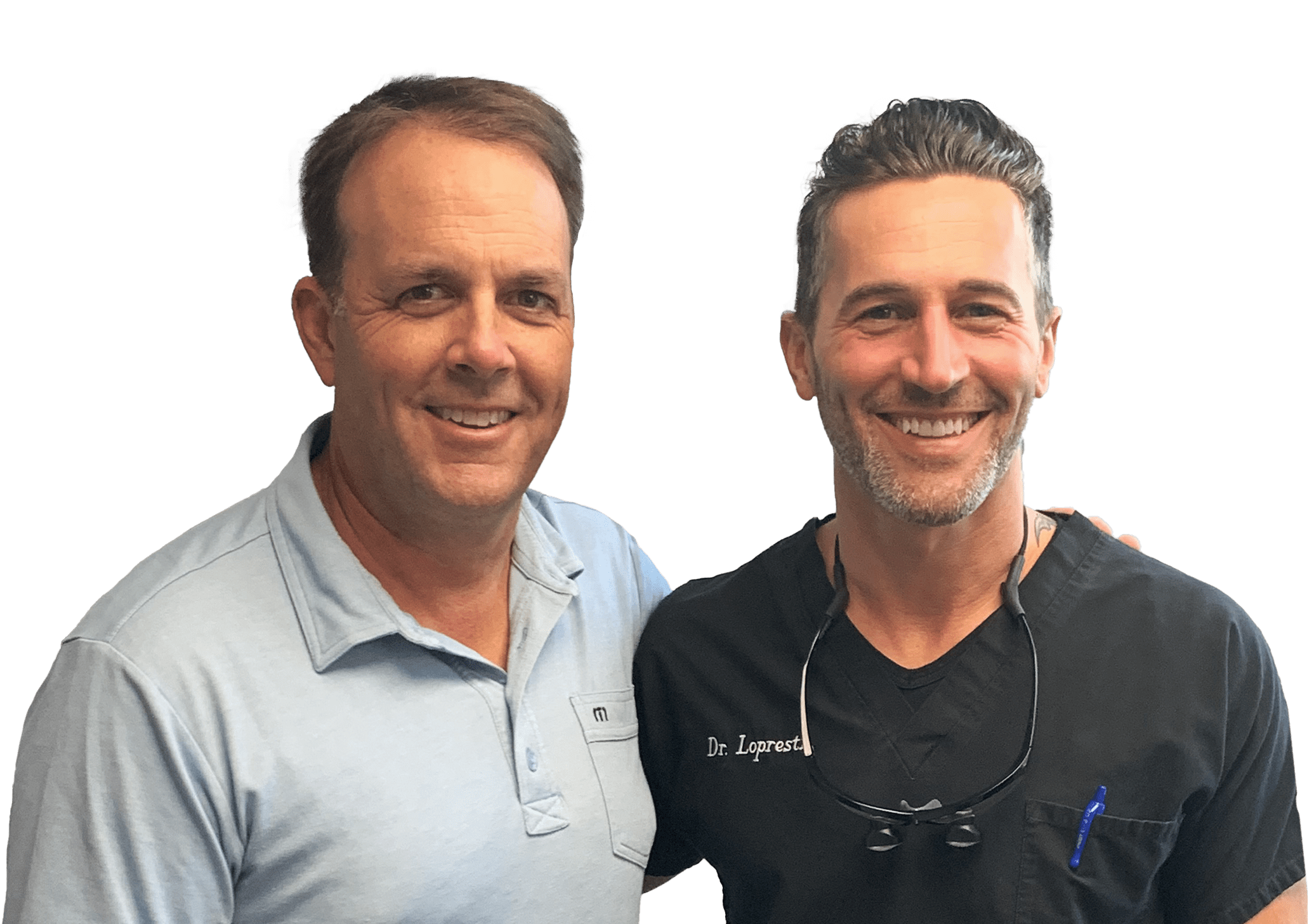5 Essential Tips for a Successful Recovery After Hair Transplant Surgery
 Embarking on your hair restoration journey with Leonard Hair Transplant Associates is an exciting and transformative experience. When it comes to the success of your hair transplant surgery, your ability to navigate the recovery process could influence your final outcome. Proper post-surgical care not only ensures a smooth healing process but also maximizes the results of your procedure.
Embarking on your hair restoration journey with Leonard Hair Transplant Associates is an exciting and transformative experience. When it comes to the success of your hair transplant surgery, your ability to navigate the recovery process could influence your final outcome. Proper post-surgical care not only ensures a smooth healing process but also maximizes the results of your procedure.
Here are five essential tips from our highly experienced hair loss surgeons to help you manage your recovery with confidence and achieve the best possible outcome.
-
1. Be Gentle as You Care for Your Scalp
After your surgery, it’s important to handle your scalp with care. Newly transplanted hair grafts are extremely delicate in the initial stages post-surgery. Any trauma to the scalp can dislodge these grafts, leading to graft loss and potentially poor results from the surgery. Avoid touching or scratching the transplanted area to protect the new grafts and promote optimal healing. Use only the recommended gentle shampoos and follow the washing instructions provided by your surgeon. This will minimize irritation and ensure the delicate newly placed grafts stay intact.
-
2. Prioritize Rest and Relaxation
Give your body the time it needs to heal by avoiding strenuous activities for at least a week. Rest and relaxation help reduce swelling and ensure the transplanted grafts stay in place. Avoid bending over or lifting heavy objects, as these activities can increase blood flow and pressure to the head. This increased pressure can cause the newly transplanted grafts to dislodge or become damaged, jeopardizing the success of the transplant.
-
3. Manage Discomfort with Ice Packs
Applying an ice pack to your forehead after hair transplant surgery is vital for managing swelling, discomfort, and bruising. Ice packs help constrict blood vessels, which reduces blood flow to the area, thereby minimizing swelling and inflammation. The numbing effect of the cold can also reduce the sensation of discomfort by slowing down nerve signals in the affected area.
-
4. Closely Follow Post-Op Instructions
Adhere to all post-operative care instructions provided by your hair transplant surgeon. This includes taking prescribed medications, using recommended hair care products, and attending follow-up appointments as needed. These instructions are designed to promote healing and ensure the success of your transplant.
-
5. Protect Your Scalp from the Sun
Shield your scalp from direct sunlight and UV rays by wearing a hat or applying sunscreen. This is especially important in the weeks following your surgery to prevent any damage to the sensitive scalp area. Limit sun exposure during peak hours and opt for a hat that doesn’t press tightly against the transplanted area.
By following these tips, you can help ensure a smooth recovery and achieve the best possible results from your hair transplant surgery. If you have any questions or need further guidance, our team at Leonard Hair Transplant Associates is always here to support you on your journey to renewed confidence.

